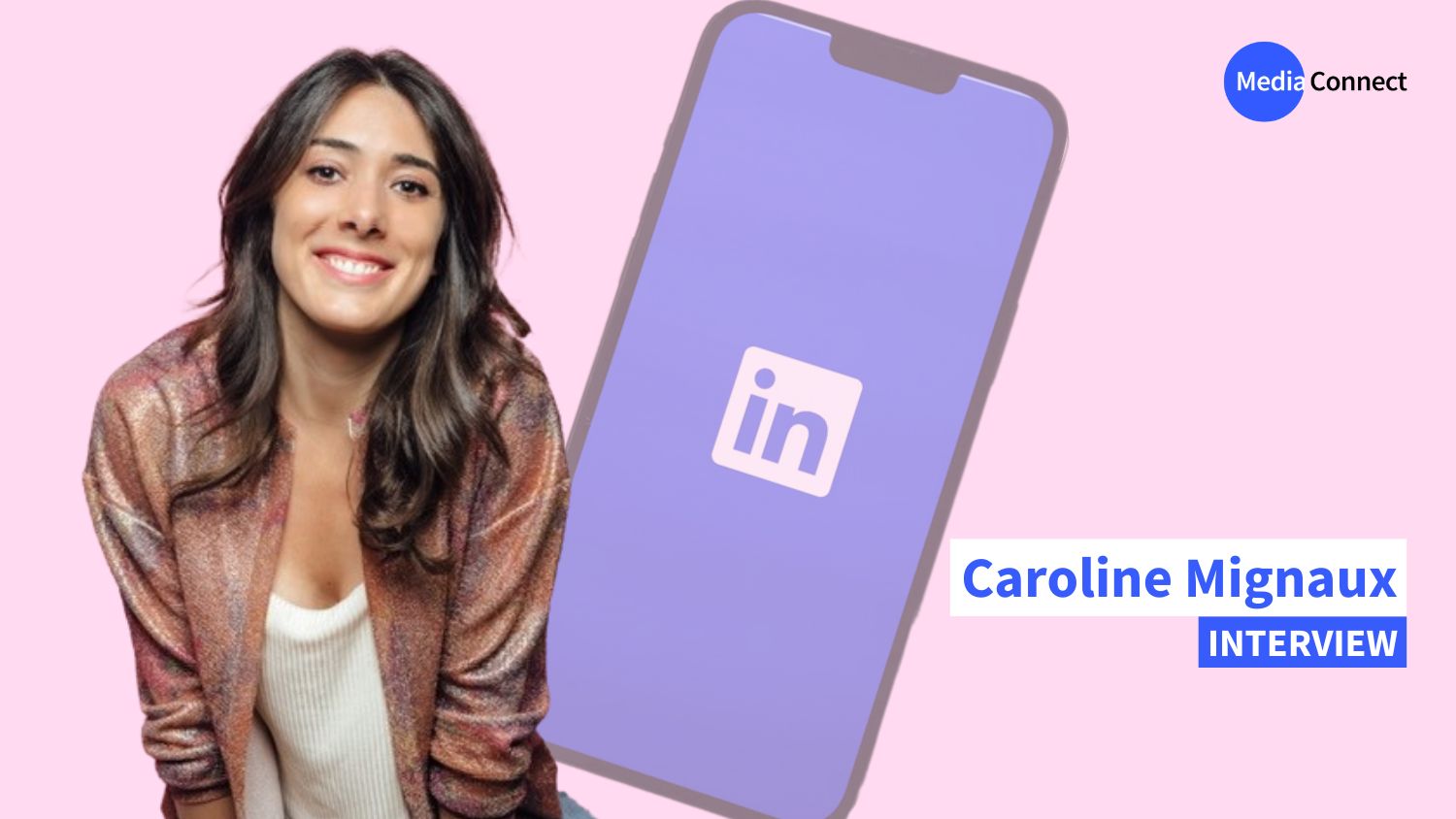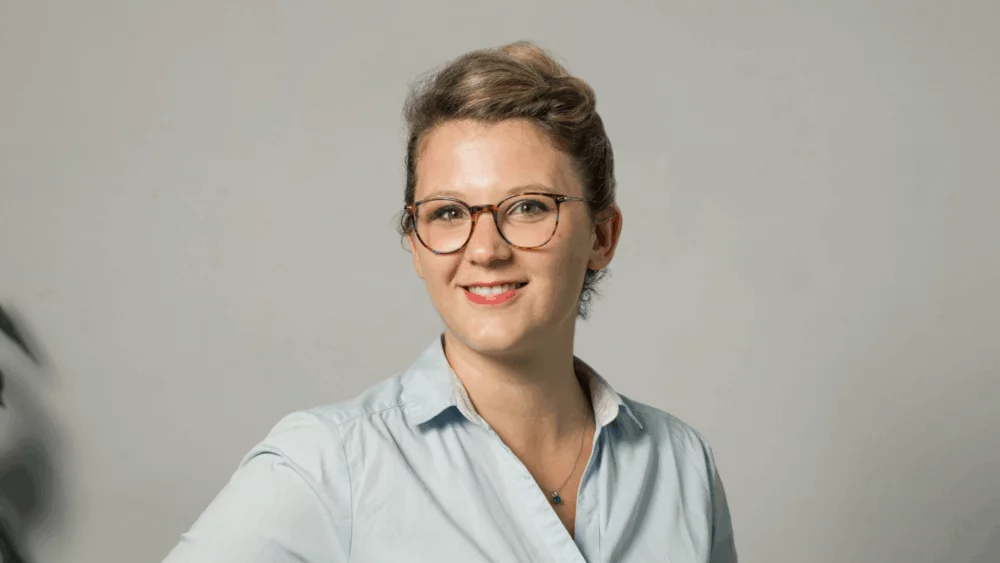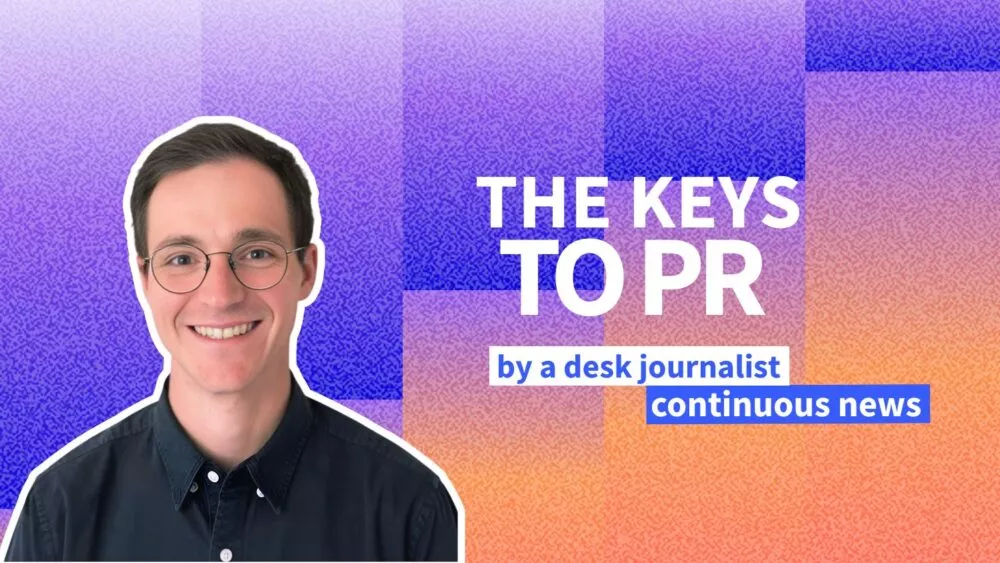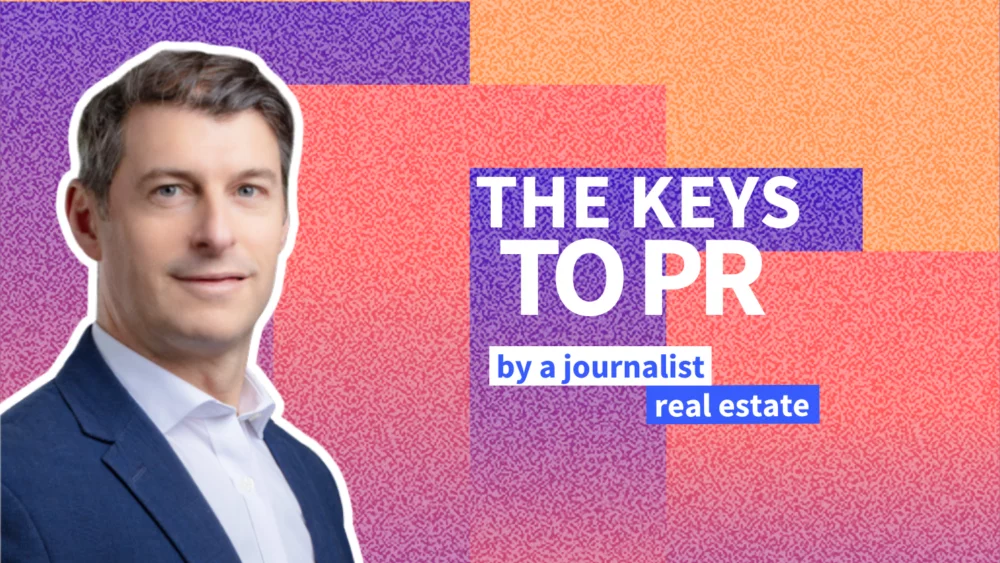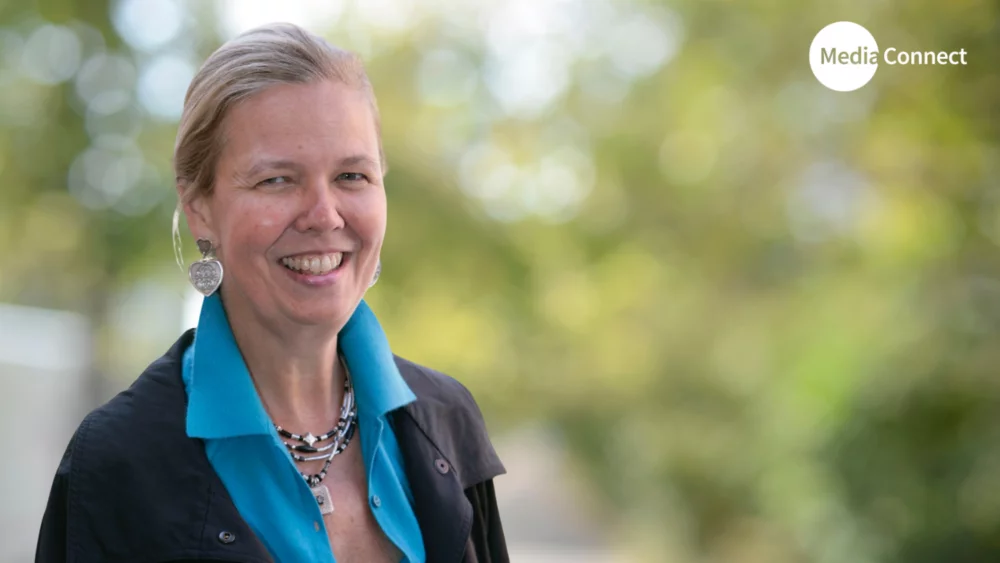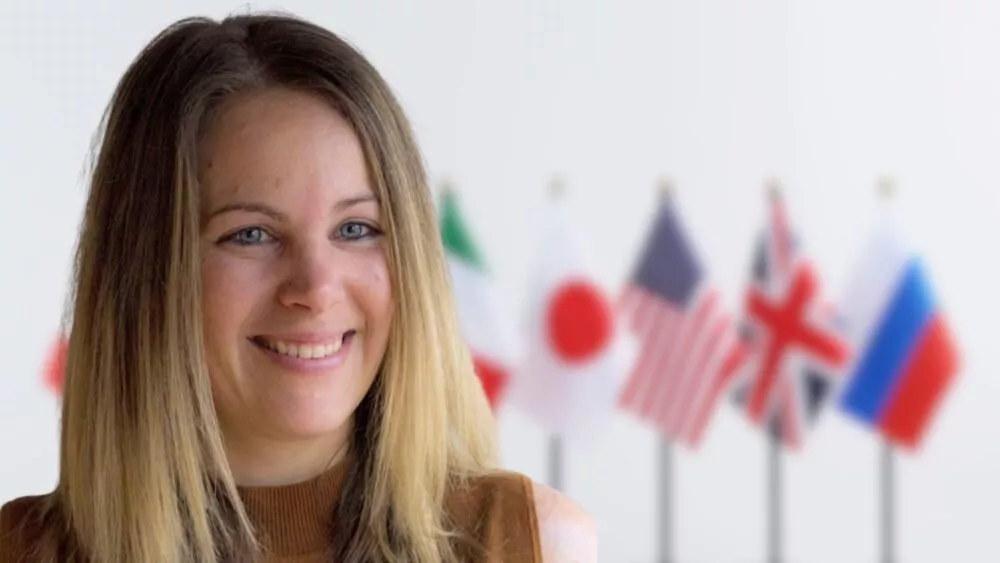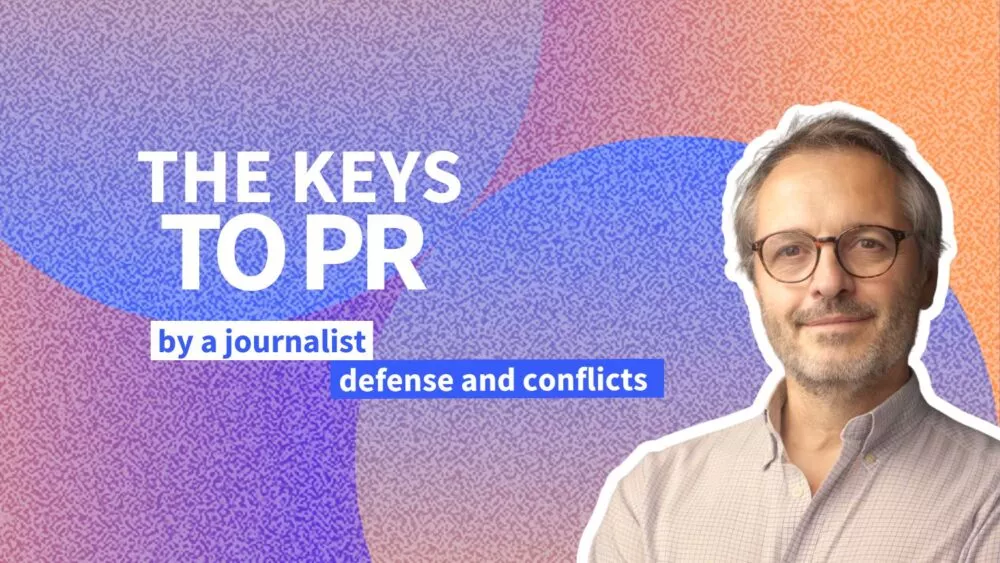In 2024, a Dentsu study presented at the B2B Summit 2024 highlighted the strong growth of the digital B2B market. You founded Reach Maker in 2021, a platform connecting B2B influencers and brands — why did you choose this niche?
I realized that in France, the only two levers a company has to grow are either buying media or building internal teams. But there’s a third, rarely used lever: partnerships. It’s a mutually beneficial exchange that allows companies to seek outside what they lack internally. At a time when budgets are tight and advertising is increasingly expensive, this option allows you to rely on experts with specific skills. Three years ago, I launched Reach Maker, a marketplace-style platform similar to a dating site, but for B2B! The goal: connect brands with experts whose audiences align. In marketing, we call this “nearbound,” which means leveraging the ecosystem. Today, my company focused on influence is called Agence Personnelle. I launched it a year and a half ago, centered on personal branding. My belief is this: there are many experts with real know-how, but who don’t know how to showcase it. We help them master the social media codes to gain visibility and income through their accounts.
That same Dentsu study projects that by 2026, 80% of B2B sales will be digital. Does that figure seem credible to you?
Absolutely — it’s totally credible. These days, all the factors influencing purchasing decisions happen online: via Google, social media, and scoring websites. Who still prefers asking a friend in person for a software recommendation? We’re already living in that world. In fact, I’d say that 80% is an underestimate.
The study also notes that the B2B marketing sector is experiencing a high attrition rate — 34%. What’s behind this?
In B2B, there’s less product loyalty. Clients sign faster but leave just as quickly, increasingly favoring non-binding offers. That’s why companies are now diversifying their products and services to build an ecosystem. We’re in a model the Americans describe as “plug and play” or “no strings attached” — customers come and go, seeking on-demand services that are easy to join and leave.
What added value does B2B influencer marketing offer compared to traditional B2B marketing?
Experts have emerged in highly specific fields, and these people know how to speak effectively on niche topics while understanding platform codes. The challenge for brands is to identify influencers with strong recommendation power — and who, for now, are still very affordable. In the end, it’s often cheaper to hire an influencer to create and distribute content than to produce it internally.
You worked in the U.S. for many years. How has that shaped your vision of marketing? What are the similarities or differences between B2B influencer marketing in France and the U.S.?
The only real difference is timing. France is simply five years behind! I feel like I have a crystal ball showing me what will happen in the French market. For example, personal branding and B2B influencers exploded in the U.S. 7–8 years ago!
Let’s go back to your Agence Personnelle, which supports experts wanting to grow their social media audiences. A year and a half after its creation, what’s your assessment?
The goal of Agence Personnelle is to develop experts’ skills and help them create content. Brands then come to us to find these niche influencers, who can promote the brand in a “more authentic” language.
The result? We’ve gone beyond success — because B2B is becoming cool again, influenced by B2C. B2B is adopting B2C codes: communities, influencer marketing, gamification... To measure success, just look at ROI. When targeting professionals, selling one license can lead to hundreds or thousands of others.
Take this example: I did a LinkedIn post for My English School (MyES), a company specializing in English learning. That single post generated €28,000 in revenue. A LinkedIn post can reach a communications director or an HR manager wanting to train their whole team. In the end, revenue follows.
What are the obstacles to the growth of B2B influencer marketing?
You must adapt to the 2023 influencer law, which is quite new and requires careful attention: proper disclosure in posts, clear statements of partnerships and affiliate links, etc. You need influencers who understand these rules to ensure ethical marketing. Another obstacle is the risk of “bad buzz,” although it’s rarer in B2B than in B2C.
LinkedIn has become the top platform for B2B influencer marketing. Why did you choose it at the time to grow your business?
What I love about LinkedIn is that it’s the anti-social network. Its founders prioritized learning. The algorithm detects plagiarism, there are few fake profiles… it’s a network built on trust. People spend more time there than on other platforms, which is gold for advertisers. Also, the algorithm doesn’t favor fame. For example, the Top Voices selection — a LinkedIn distinction for high-quality content creators — is made by an editorial committee.
You now have over 131,000 followers on LinkedIn. What do you think your success is based on?
I use video for personal branding, which gives me a major advantage because video has exploded on LinkedIn this year, especially with the introduction of short video tabs. And LinkedIn is doing everything to highlight young creators. At Agence Personnelle, I’ve created a system that lets me produce content very quickly. In half a day, I can film up to 20 videos — enough for a month’s worth of content. I think that speed helps me stand out and stay well-ranked. Speaking of which, the value of social media has evolved: forget likes and followers — focus on SEO and getting ahead on keywords. That way, when someone searches for a keyword on a social platform, they land directly on your content.
What challenges do you face using LinkedIn?
Like any social media platform, LinkedIn has addiction risks. The Netflix documentary The Social Dilemma (2020) showed how easy it is to become addicted to platforms that fulfill our need for validation and the dopamine from likes. You also have to watch out for overstimulation and the mental load of content creation. Some entrepreneurs forget that likes don’t pay the rent and end up neglecting their actual business. The key is to prioritize and understand the system so you can manage it better.
Two months ago, you posted something that went viral, revealing that members of your family called your content “pathetic” and “shallow.” Looking back, how do you interpret this criticism of your work’s usefulness?
At every stage of my journey, I’ve encountered people who thought my work was pointless. And yet, I’ve always found success afterward. I believe that to have one good idea, you need a hundred bad ones. As an entrepreneur, if you’re not ready to face your own mediocrity, you’ll never reach excellence.

